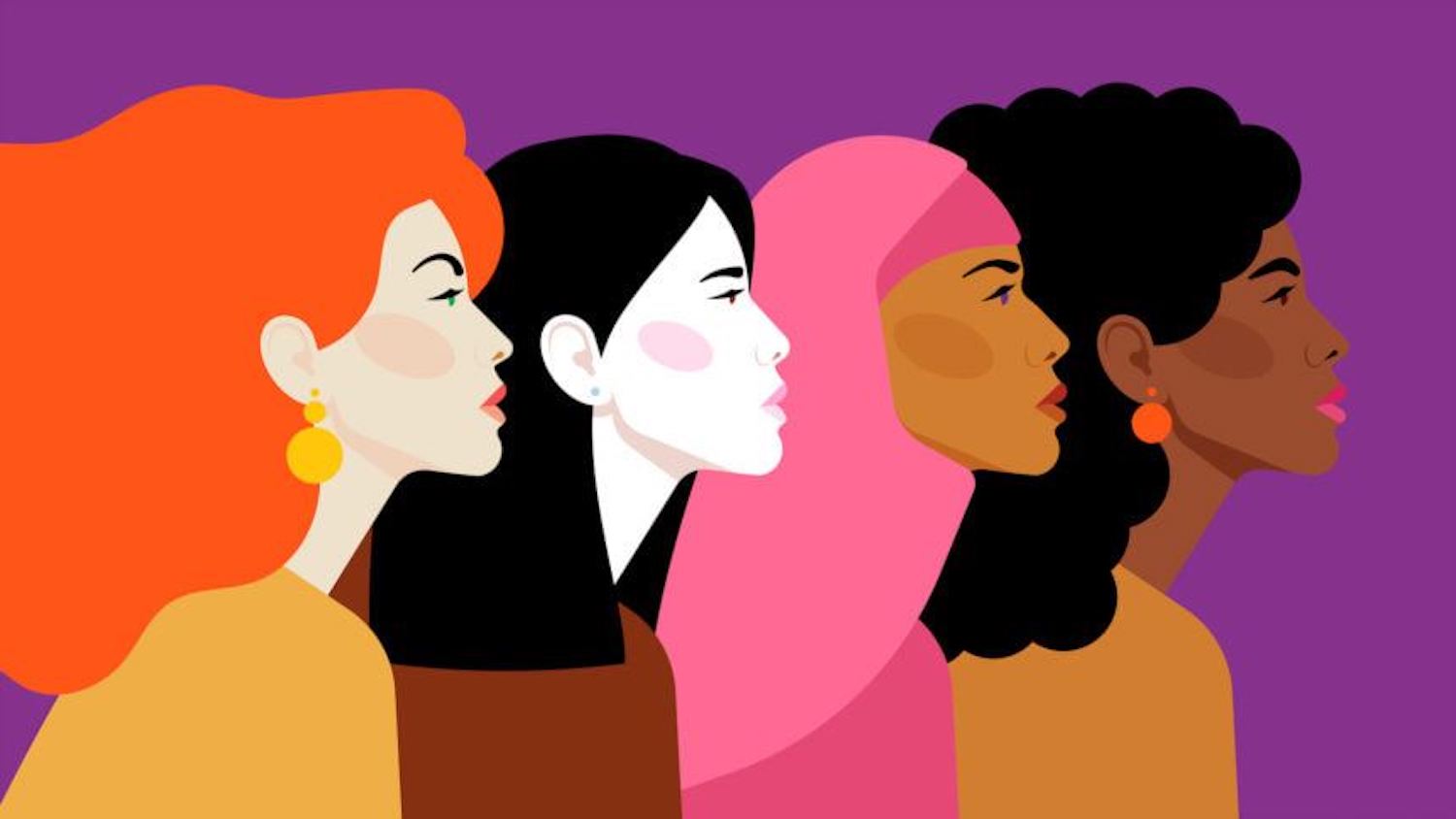
Racism and menopause: health disparities and inequities
In reviewing more than 25 years of research to identify trends, investigators at the Study of Women’s Health Across the Nation (SWAN) came together to examine this very answer. Their findings?
Black women reach menopause 8.5 months earlier than white women, have worse symptoms (including hot flashes, trouble sleeping, and depression) and are also less likely to receive adequate medical and mental health treatment.
With race being a social construct, there are obviously no biological differences in women of color that would cause these inequitable menopause experiences, In other words, for people who menstruate, the biological process of menopause is the same, but the experience of life, including menopause, may differ.
Racism — both interpersonal and structural — leads to health disparities across the board.
To get a deeper, more intersectional look at disparities during menopause, researchers at The University of North Carolina and Brody School of Medicine culled together studies to define additional key factors of how negatively skewed menopausal experiences are buried in our culture’s systemic racism. Below are just some of their findings (you can read the full report here).

What habits and behaviors influence your menopausal symptoms?
- The most consistent behavioral factors contributing to poor health outcomes during the menopause transition are inadequate nutrition, physical inactivity, poor sleep, and smoking.
- A recent study of 288 postmenopausal women found that higher consumption of ultra-processed foods (such as sweetened beverages and packaged meats) was related to more severe hot flashes and poorer memory/concentration.
- Insomnia, a common problem during menopause, is associated with physical function problems in late midlife (like balance issues or slow gait).
- Physical activity, however, was found to reduce menopausal symptoms, particularly when conducted with a community exercise support group.
Takeaway: Staples of good health are also staples of less-bothersome menopause.
Do you live in a city? How does your environment affect menopause?
- Living in neighborhoods with higher concentrations of air pollution may be associated with a younger age at menopause.
- Age at menopause is 1.4 years earlier for women living in areas with less green space compared to women living in highly green areas.
- Communities that lack safe and affordable public services like transportation, parks, recreational facilities, and grocery stores lead to worse health outcomes, including at midlife.
Takeaway: Regardless of where you live, don’t discount how your air quality and access to healthy foods might be impacting your health.
How does your income or socioeconomic status impact menopause?
- Lower socioeconomic status has been related to younger age at menopause, more frequent hot flashes, sleep disturbances, and subclinical atherosclerosis during menopause.
- In a sample of predominantly Latina women who are homeless and/or uninsured, investigators found that homeless women reported more menopause symptoms compared to individuals with housing.
- Higher levels of education, being employed, and higher family income have been related to fewer menopausal symptoms.
- Uninsured women have been shown to report more bothersome menopause symptoms than insured women. These women also have less access to preventive care, including birth control, mammograms, and cervical cancer screenings.
Takeaway: Our healthcare system needs to do a better job at providing access to preventative care for those in lower socioeconomic groups.

Your perspective on menopause influences your experience
- In one study, women who identify with a sexual minority expressed less regret over the end of menstruation compared to heterosexual women.
- Those with higher education are more aware of their menopausal symptoms and the strategies to deal with them, so are more likely to seek treatment than those with less education or understanding of menopause.
- Negative attitudes toward menopause as dictated by cultural norms have been related to hot flashes, depressed mood, and body image disturbance.
- On the other hand, cultural values such as social support and family connection may be linked with a more positive view of the menopause transition and fewer reported symptoms.
Takeaway: The majority of menopause research has focused on the experiences of cisgender and non-Latina white women. Many factors impact the way we see the world. For example, women of color and those who identify as a sexual or gender minority likely perceive and experience menopause differently. Additional research is needed to fully understand each of these differences.
Your stress levels can affect menopause
- Midlife women who report higher levels of chronic stress, trauma, and early life adversity are more likely to experience an earlier age at menopause, more frequent hot flashes, depressive symptoms, sleep disturbances, and endothelial dysfunction.
- Self-silencing to avoid conflicts in relationships was associated with greater carotid atherosclerosis (blocked artery), especially among women of color in a recent cross-sectional analysis of 290 peri- and postmenopausal women.
Takeaway: Stress is easily overlooked but an important barrier to address when looking at our overall health. Something as simple as a daily meditation practice or other stress-reducing activities can do wonders for our health.

How past traumas can impact menopausal symptoms
- Women who experienced childhood abuse, and had a child who experienced abuse, were younger age at menopause in one study.
- A history of physical abuse (reported by 37% of the women interviewed) correlated to worse menopausal, psychological, general health, and depressive symptoms.
- Nearly 8% of women reported a history of sexual abuse, which correlated with worse menopausal symptoms and general overall health.
- Those with a history of financial instability (10%) were found to have worse menopausal symptoms and general health, along with greater depressive symptoms.
Takeaway: Trauma — especially when unaddressed — can have intergenerational psychosocial and physiologic effects from childhood through menopause and beyond. Talking to a professional can help untie some of those knots that leave our subconscious in that traumatic fight or flight mode.
What can we do to improve all women’s experiences with menopause?
While menopause education and awareness has been growing more than ever (hello, reader!) more help is clearly needed for women of disadvantaged backgrounds.
In the doctor’s office, care providers need to create a safe space to elicit experiences of racism and connect patients to the appropriate resources and support. Implicit bias training can provide care providers with the important social, historical, and cultural context to improve health care, bridge health literacy, and shift perspectives during menopause.
Future studies should consider an intersectional framework to better look at how unique experiences of discrimination as a result of multiple intersecting identities (e.g., gendered racism) can impact midlife women’s health.
We know that we don’t need to be limited or defined by our life experiences. If people are given adequate knowledge and resources to help themselves, we embrace it. Menopause health resources such as Balance, Tia, or Versalie provide access to informed meno treatment and education, helping drive the collective empowerment of all women during this time in our lives.




